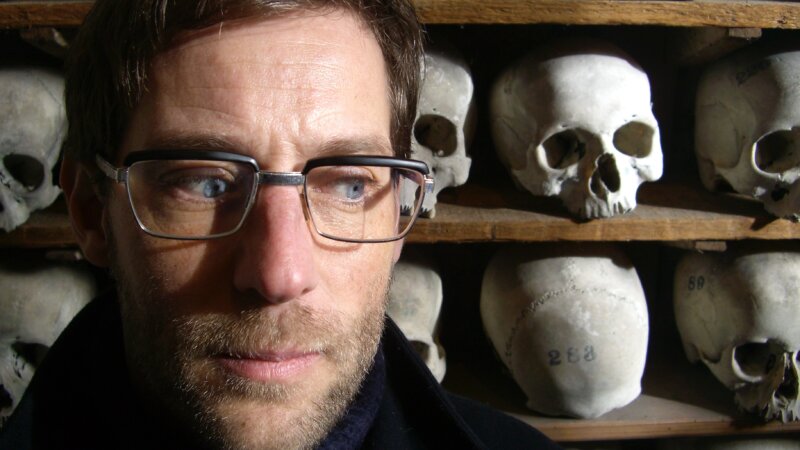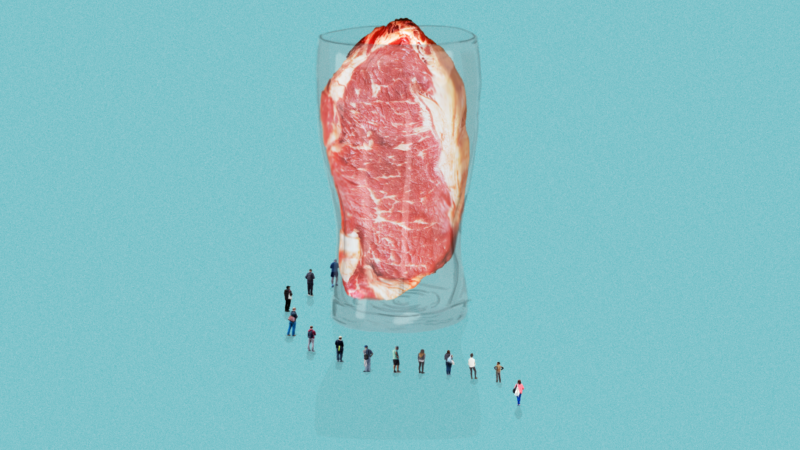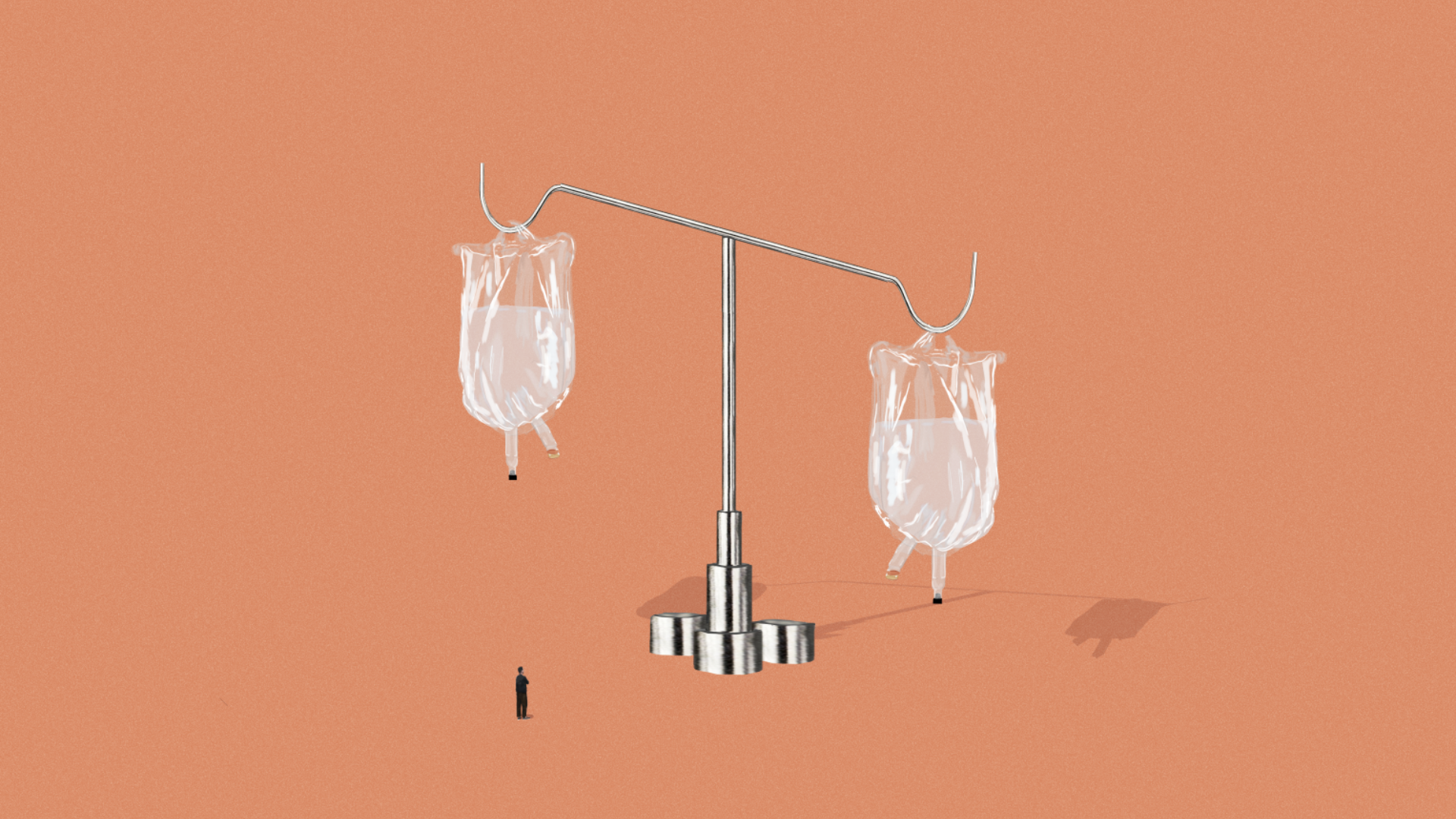
People in Sheffield don't have poor health because of their lifestyle choices – it's because of inequality
The quality of care we receive is only a small factor in our overall wellbeing – but you wouldn't know that from the way the government talks about the NHS.
The way we think about health is all wrong – and that means the strategies we choose to tackle poor health, reduce excess deaths and improve peoples’ lives are all wrong as well.
What does health actually mean? We can start with a new definition recently proposed by the Disability and Health Journal, which takes into account the experiences of disabled people and people living with chronic conditions: "Health is the dynamic balance of physical, mental, social, and existential well-being in adapting to conditions of life and the environment".
But in the UK, we still tend to think about health on an individual basis. This is because our brains struggle to understand both complex systems and large numbers of people. We think the same way about the economy too – we view it through the lens of a household – leading to similar misunderstandings.
This faulty framing means that we consistently overestimate the impact of individualised factors, like the quality of NHS treatment we’ve received, on our health and underestimate the impact of societal factors like inequality or air quality (1 in 20 deaths in Sheffield each year is attributable to air pollution).
“While the quality of health services is important, it makes a much smaller difference to people’s overall health than things like income, employment and housing,” writes Clare Moriarty of Citizens Advice in a blog for NHS England. “Well-established models suggest that clinical care accounts for 20% of health outcomes while social and economic factors and physical environment together make up 50%.”
Good health equals...
One of the biggest economic factors is inequality – the gap between the rich and the poor.
There is a growing body of evidence that high levels of inequality have a corrosive effect on our health and wellbeing. That applies not just to the poorest people in society, as you might expect, but to the richest as well. Rich people who live in more equal societies are healthier – even if they are less rich than they would be if they lived in a more unequal society.
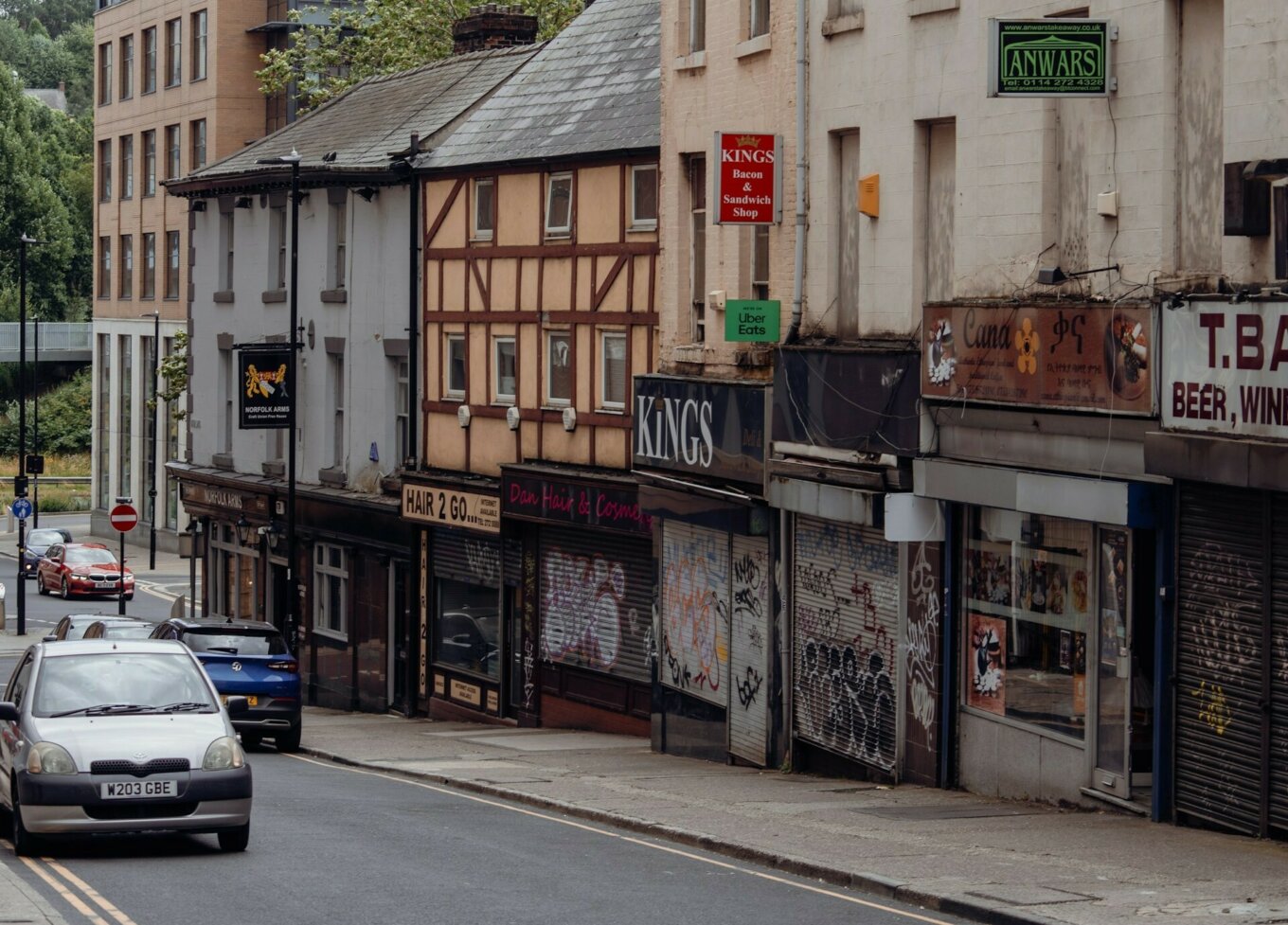
Factors like our environment play a bigger role in determining our health than the care we receive.
Benjamin Elliott on Unsplash.Infant mortality is lower in more equal societies. People live longer in more equal societies. Citizens of more equal societies rate the quality of their own health and wellbeing higher than those of unequal societies.
Deaths from diabetes and the incidence of low birth weight are higher in more unequal societies, while Unicef metrics of child wellbeing are lower.
The caustic effects of inequality are even more pronounced when it comes to mental health. In the United States, one of the most unequal developed countries, over 25% of the population experience mental illness in any given year. In Japan, one of the most equal developed countries, less than 10% do.
The correlation between inequality and poor health is crystal-clear in the data, but researchers haven’t yet established the exact reasons why.
One of our @marmotihe key messages is that the climate emergency and health equity have to be tackled together. And they can be. Funding to insulate homes for people below the minimum income threshold, as we lay out in our report, is good for health equity and the planet. https://t.co/gPZOs4AMcH
— Sir Michael Marmot (@MichaelMarmot) February 23, 2024
The leading theory is that inequality makes life more stressful for everybody (think of the super-rich in South Africa locking themselves away in gated communities). There is more competition for status and more anxiety about losing status – in more unequal societies you have further to fall. The effect this has on our mental wellbeing is self-explanatory, but it also harms our bodies in ways we might not even be aware of: higher levels of stress accelerate the ageing process and damage our immune and cardiovascular systems.
Inequality is not inevitable. The UK government could put in place changes to our tax rules to redistribute wealth from the extremely rich – like the King and the Prime Minister’s wife – to the least well-off. This would start to improve health outcomes in almost every metric across the board. But at the moment they choose not to, and the Labour Party have ruled out any policies that would make a serious dent in the UK’s eye-watering levels of inequality.
Sticking plaster politics
The latest review by UCL’s Institute of Health Equity, led by Professor Michael Marmot, zooms in on the effects of health inequality in the UK – one of the most unequal developed countries in the world.
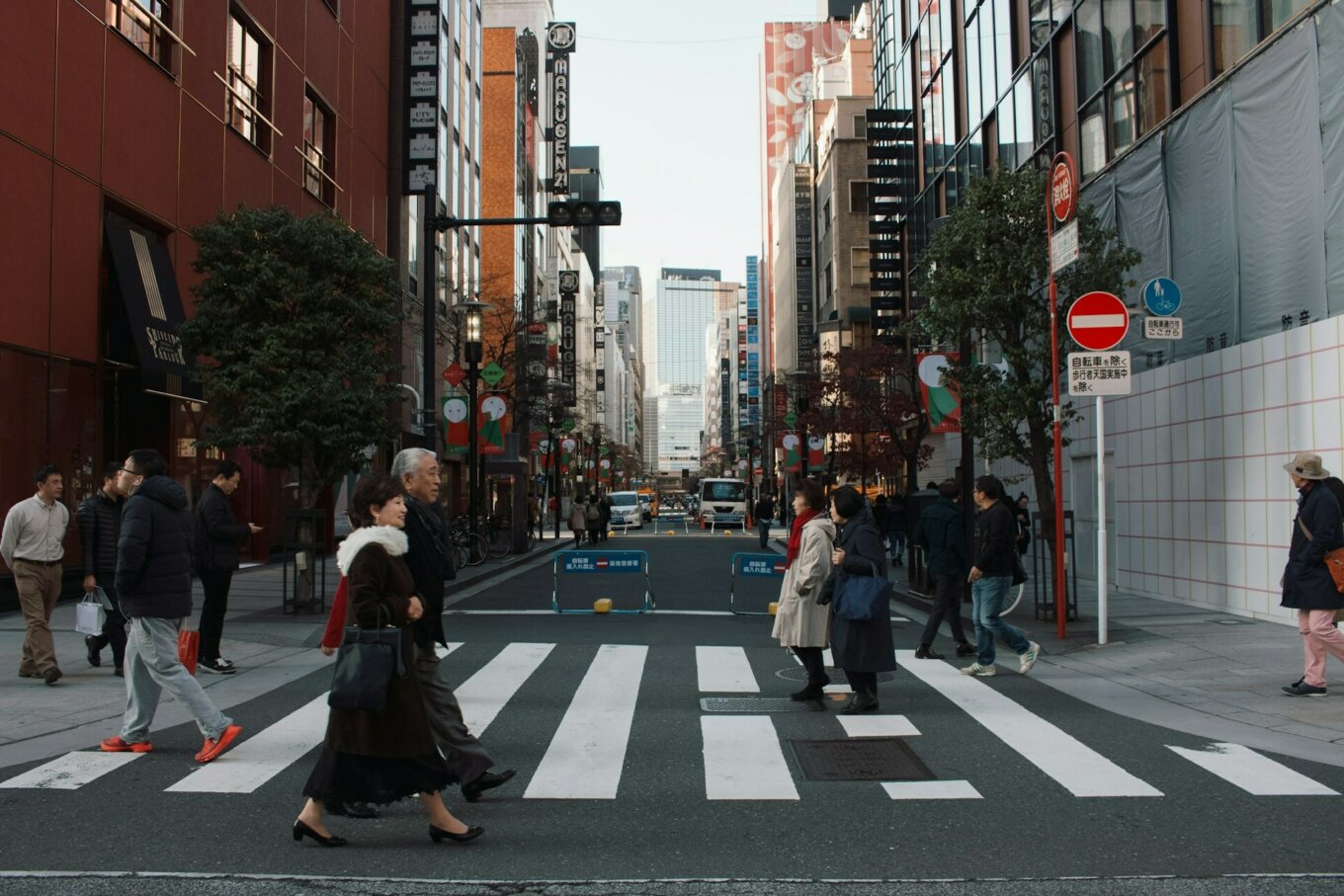
Japan, one of the most equal countries in the world, has some of the lowest rates of mental illness.
Tetiana Shevereva on Unsplash.The research found that in the decade after 2011, when the government’s economically nonsensical programme of austerity kicked in, more than a million people died earlier than they would have done if they had lived in the richest 10% of areas in the UK.
“Our country has become poor and unhealthy, where a few rich, healthy people live,” Marmot told The Guardian. “People care about their health, but it is deteriorating, with their lives shortening, through no fault of their own. Political leaders can choose to prioritise everyone’s health, or not. Currently they are not.”
In addition to this, work by Cancer Research UK has found that poverty and deprivation cause a staggering 33,000 extra cancer cases every year in Britain.
The evidence is overwhelming, and sobering. But we’re still not having an honest conversation about health. This is partly down to the government, who are both ideologically committed to inequality as part of their neoliberal worldview, but who are also made up of many of the people who materially benefit from extreme wealth disparities, including the Prime Minister. Every day, ministers and MPs knowingly mislead the public about the reasons behind poor health in Britain.
They want us to think there is a quick fix for poor health outcomes through improvements to specific NHS services, or by nudging us into healthier lifestyles. But in reality there is a deep-rooted systemic problem that can only be fixed by policies that not only reverse the deliberate running down of the health service, but that also redistribute wealth and create a fairer society.
Sick decisions
We can see evidence of this deliberate misdirection in The Guardian’s story about Marmot’s report. Asked to comment on the research, which overwhelmingly demonstrates the societal and economic factors behind poor health, a Department of Health spokesperson talks only about improving NHS services, completely ignoring the crucial role of poverty and inequality.
Healthy homes are a core building block of health, yet many private rented homes don’t meet decency standards pic.twitter.com/2ns27C7vIK
— Health Equals (@health_equals) March 11, 2024
The anonymous spokesperson discusses “tackling inequalities in outcomes” but omits to mention what the health minister knows but chooses not to be honest with you about: that reducing inequalities in health outcomes is only possible by reducing inequality itself.
GPs, exasperated by the way the good work they do on a daily basis is undermined by government policies which entrench poor health, have an ugly term for what’s going on here. They call it ‘Shit Life Syndrome’.
Shit Life Syndrome refers to the cocktail of contributing factors, from inequality, poverty and financial insecurity to environmental factors like air pollution and mouldy housing, that ruin millions of people’s lives in this country, but that are beyond the control of NHS staff.
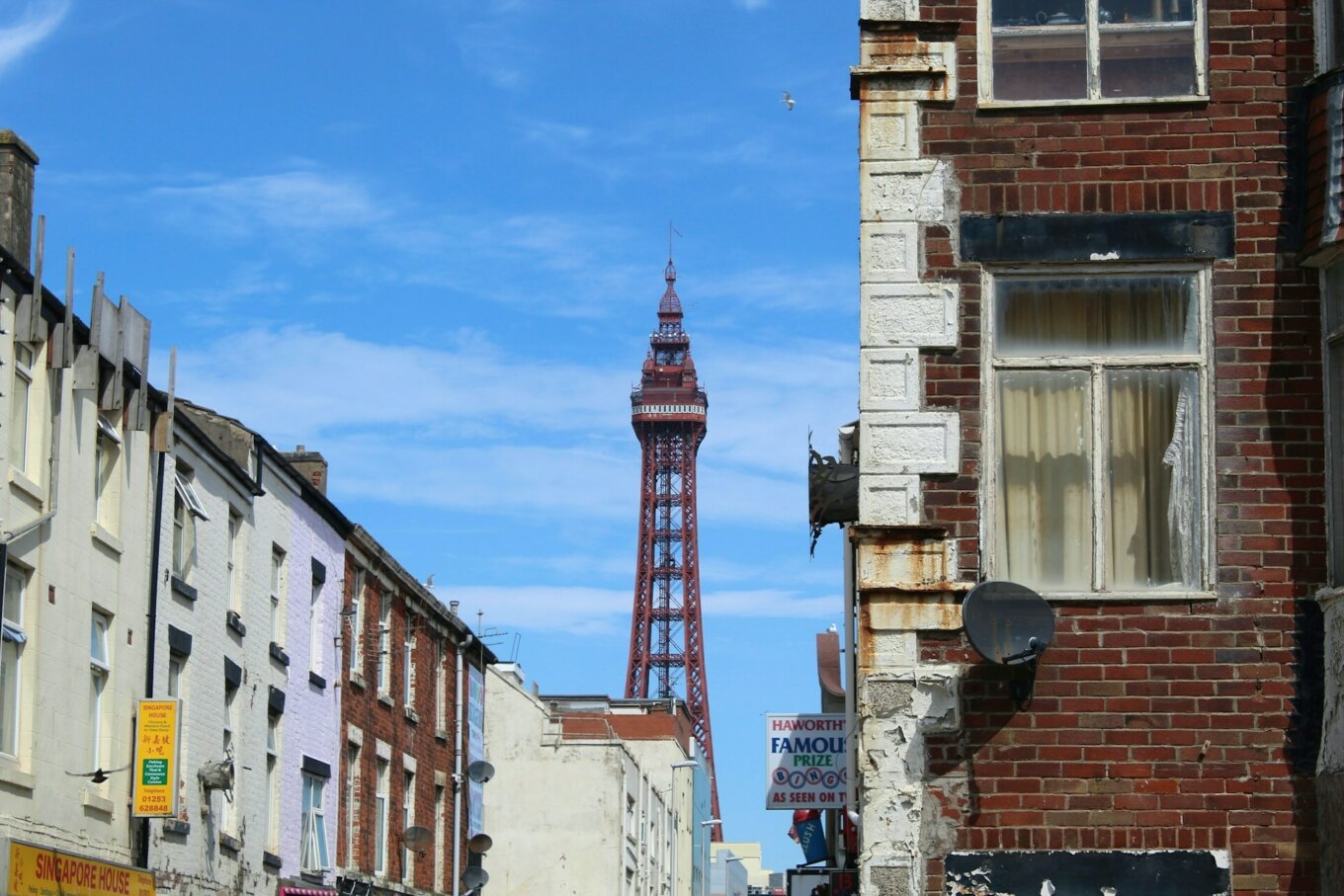
GPs in Blackpool coined the term "Shit Life Syndrome" to describe the drivers of poor health beyond the control of the NHS.
Andrew Hall on Unsplash.All of these factors can be addressed by the government. If they wanted to, ministers could reduce inequality year by year, end absolute poverty forever, and tackle insecurity by giving everybody a basic income. They could improve the air quality in our towns and cities at speed and at scale, and transform the housing sector to give everyone the right to a safe, warm and comfortable home. They have the money to do all of this and more.
The dominant ideology of rampant individualism wants us to think we’re somehow to blame for our own ill health. They don’t want us to make a link between the extreme greed and wealth disparities that the neoliberals have inflicted on our society, and our own wellbeing.
If we believe that everyone in society deserves good health and happiness, we need to start having an honest conversation about inequality.




